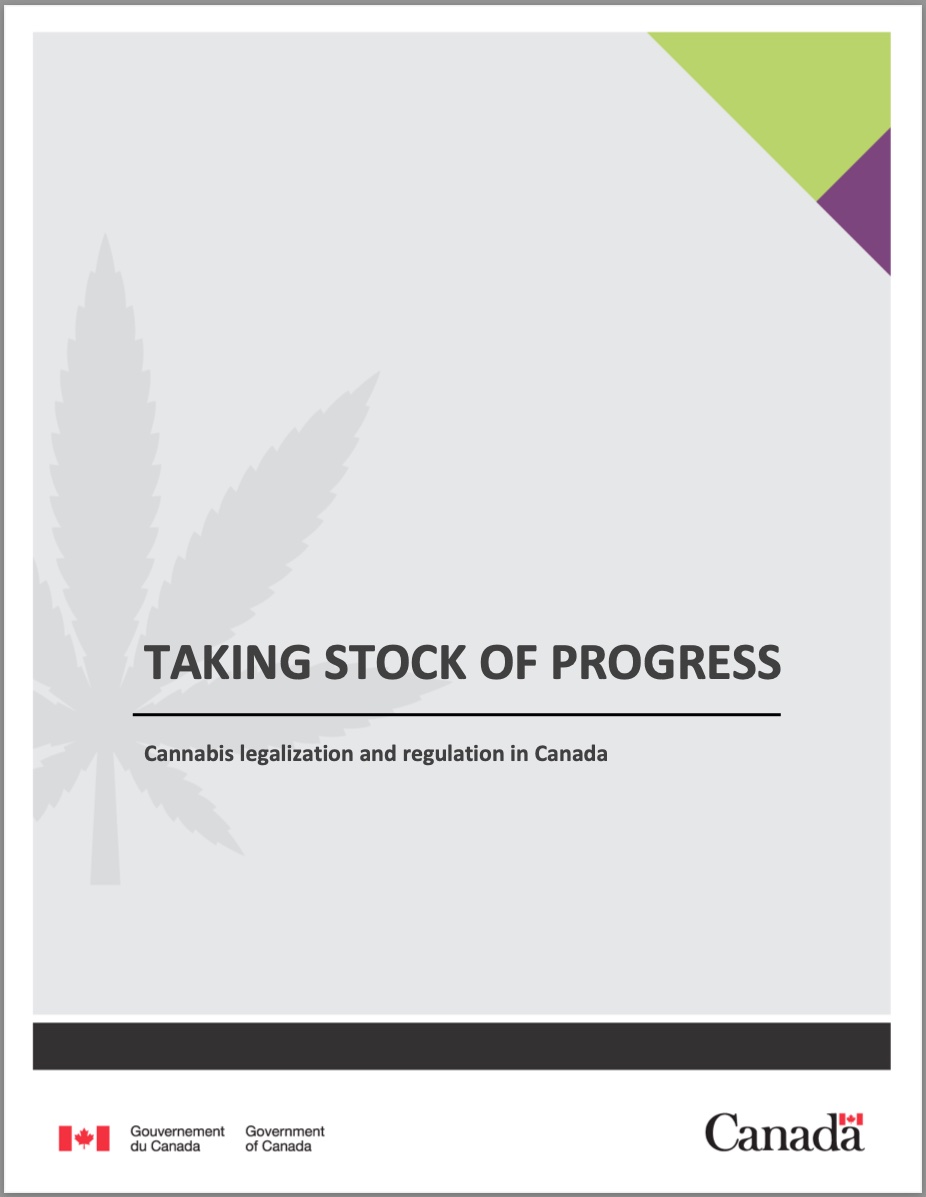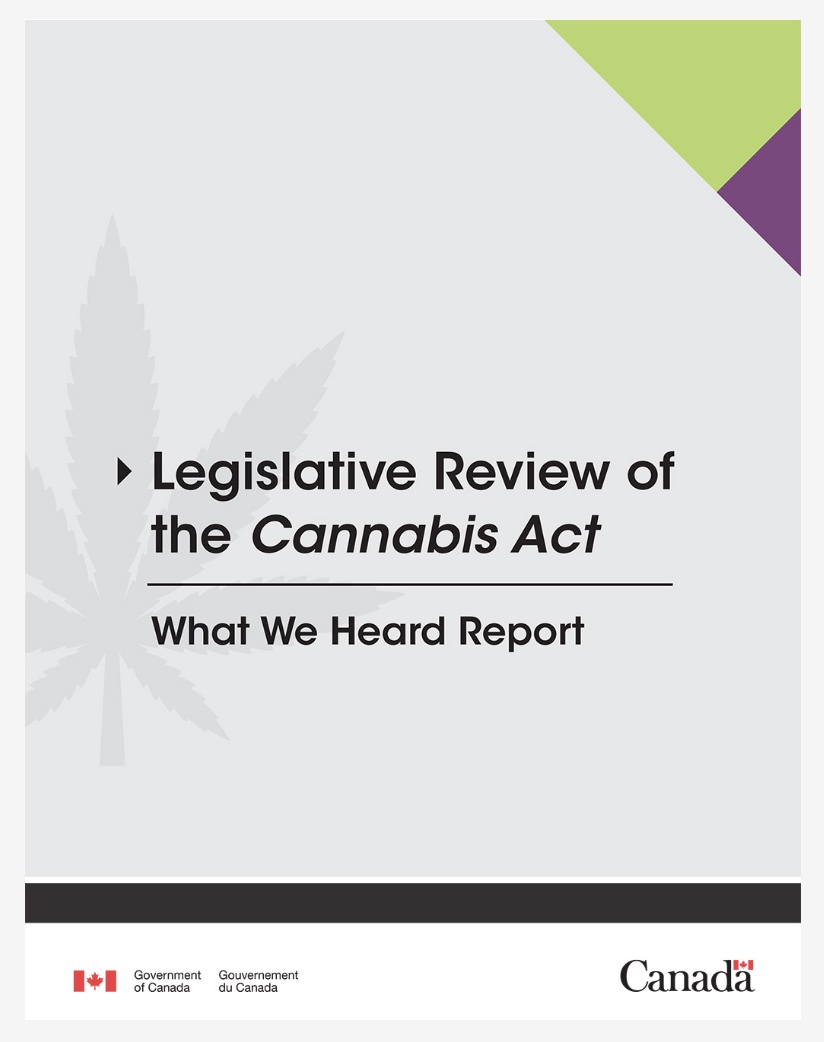12.4 Government Response to Cannabis Industry & Regulations
Provincial & Territorial Responses
Beginning in fall 2022, two provinces have announced incremental modifications to their cannabis regulations in response to industry concerns and an attempt to support the cannabis marketplace. For example, an October 4, 2022 Government of British Columbia news release introduced a new cannabis retail licence, the Producer Retail Store (PRS) licence. The availability of the new PRS came into effect on November 30, 2022 and allows “eligible federally licensed cannabis producers to sell non-medical cannabis products from stores located at their cultivation site” (B.C. Gov News, October 4, 2022, para. 1). In early 2023 in Ontario, the Ontario Cannabis Store (OCS) (February 16, 2023, para. 1) announced changes to its pricing structure. On September 11, 2023, the OCS transitioned to a fixed mark-up pricing model (OCS, June 2023), designed to improve profitability in the cannabis market and help the legal cannabis sector to complete with the illegal market (Leroux, August 8, 2023). Other provincial and territorial level changes are likely, following the completion of the federal legislative review of the Cannabis Act (2018) (see below).
Click the link below to read more about the OCS pricing structure changes:
Changes to the OCS pricing structure
Map of Canada
Federal Response
The Cannabis Act (2018) Objectives
Section 7: The purpose of this Act is to protect public health and public safety and, in particular, to
(a) protect the health of young persons by restricting their access to cannabis;
(b) protect young persons and others from inducements to use cannabis;
(c) provide for the licit production of cannabis to reduce illicit activities in relation to cannabis;
(d) deter illicit activities in relation to cannabis through appropriate sanctions and enforcement measures;
(e) reduce the burden on the criminal justice system in relation to cannabis;
(f) provide access to a quality-controlled supply of cannabis; and
(g) enhance public awareness of the health risks associated with cannabis use.
During the development of the Cannabis Act (2018), “it was widely recognized that effective implementation of the new legislative framework would require ongoing monitoring to assess early impacts, and flexibility to adapt and respond to emerging policy needs” (Health Canada, October 20, 2022a, p. 2). Towards this end, on September 22, 2022, the Federal Minster of Health, the Minister of Health & Addictions, and the Associate Minister of Health announced the start of the required legislative review of the Act . The purpose of the review, conducted by an independent Expert Panel, is to evaluate how the Act is meeting its stated objectives (see blue box above). The Expert Panel’s focus also includes:
- “Economic, social, and environmental impacts of the Act.
- Progress towards providing adults with access to strictly regulated, lower-risk, legal cannabis products.
- Progress made in deterring criminal activity and displacing the illicit cannabis market.
- Impact of legalization and regulation on access to cannabis for medical purposes.
- Impacts on Indigenous Peoples, racialized communities, and women, who might be at greater risk of harm or face greater barriers to participation in the legal industry based on identity or socio-economic factors” (Health Canada, October 10, 2023, p. 3).

The goal of the review is to develop a report for Parliament that will assist with legislative revisions and reforms meant to improve the function of the Act. As part of the review process, on October 20, 2022, the federal government released a document entitled “Taking stock of progress: Cannabis legalization and regulation in Canada.” The document outlines the key features of the Cannabis Act framework, provides information and evidence tied to the Act‘s implementation, and “asks a series of key questions to solicit feedback from the public, partners, and stakeholders” (Health Canada, October 20, 2022a, p. 3).
Cannabis industry stakeholder input submitted to Health Canada reflects concerns for industry profits and sustainability, some of which are detailed on the previous page. Common themes in the industry input documents received by the government (see below C3, November 22, 2022; Olijnyk, October 22, 2022) include:
- Revising and reducing industry fees, taxes, and product mark-ups.
- Cracking down on the illegal market to level the playing field.
- Increasing allowable THC levels in cannabis edibles.
- Reducing restrictions on packaging and advertising.
- Removing taxes on medical cannabis products.
However, given the evidence-informed public health and public safety objectives of the Cannabis Act (2018) (see blue box above), it is likely that the Federal government will make smaller/incremental changes to the Cannabis Act, that may not be as responsive as hoped by the industry stakeholders (Raycraft, December 20, 2022).
Click the link below to read C3’s input into the Cannabis Act legislative review, which echos the input of other industry stakeholders in Canada:
Cannabis Industry Submission to Cannabis Act Review Calls for Immediate Financial Relief and for Governments to Bring Down the Walls of Stigmatization
Other stake-holders, particularly those in the public health sector, voice concerns about any lessening of the public health and safety and harm reduction measures of the legislation. Particular concerns are tied to harmful consumption patterns, made more likely with lower prices, increased ease of access, higher THC-level products, less restrictive labelling and packaging requirements, and products that may be appealing to children (CAMH/UVic, November 21, 2022). Evidence-based reports submitted to Health Canada, as part of the legislative review, by the CCSA (November 2022), CAMH/University of Victoria (November 21, 2022), and numerous academic researchers put public health first, reiterating the importance of adhering to the health and safety orientation of the stated purposes of the Cannabis Act (2018). While there is support for cannabis legalization in the Canadian public-health sector (Bogart, October 25, 2022), the general view is that “addressing the impacts of legalization on the health of Canadians must take precedence over the financial concerns of the cannabis industry” (Myran and Finkelstein, October 13, 2022, para. 3).
Click the link below to read the input of the Canadian Mental Health Association (CMHA) of Ontario into the Cannabis Act legislative review, which echos the input of other public-health organizations in Canada:
Legislative Review of the Cannabis Act

On October 10, 2023, a preliminary report from the Expert Panel’s legislative review of the Cannabis Act was released, with its final report and recommendations for the Canadian government expected in March 2024. The report summarizes what the Panel heard in their meetings with and via written submissions from the public and various stakeholders, including those in both the cannabis industry and public health. A number of issues and challenges are documented in the report, including those tied to achieving equity, diversity and inclusion (EDI) in the Canadian cannabis industry.
Click the link below to read the 8-page Executive Review in the Expert Panel’s Report:
Legislative Review of the Cannabis Act: What we Heart Report
EDI Issues in the Cannabis Industry

Since its inception, the cannabis industry in Canada has been critiqued for its lack of representation and exclusion of certain populations (e.g., women, members of racialized communities). This is attributed to challenges experienced in applying for and obtaining government approved cannabis production and manufacturing licences and, with legalization of recreational cannabis, the ability to receive licences to open retail establishments. For example, in terms of Federal Licences issued by Health Canada, in 2020, two years after the enactment of the Cannabis Act, “racialized men and women were significantly underrepresented among cannabis company executives and directors, 72% of whom were Caucasian men” (Deloitte, 2022, p. 8). Despite making up 50.9% of the Canadian population (Statistics Canada, 2022), women held only 14% of these positions (12% caucasian women, 2% racialized women) (Maghsoudi et al, 2020; Maghsoudi et al., 2023).
With regard to Indigenous representation in the industry, the Expert Panel’s report (Health Canada, October 2023) notes that although Indigenous people make up 5% of the population residing in Canada, they hold only 2% of executive level positions in the cannabis industry. As of early 2023, “Indigenous-owed or -affiliated companies authorized to cultivate or process cannabis”, made up only 6% of the 913 Health Canada granted licence holders (Health Canada, October 20, 2023, p. 38), and of the 3300 existing provincial and territorial retail establishments, less than 1% were operating in Indigenous communities (Health Canada, October 10, 2023; Lamers, February 24, 2023). Some of these disparities could be at least partially addressed through modifications to the Cannabis Act, that would grant authority to Indigenous governments to “issue licences for cannabis-related activities” on Indigenous land (e.g., cultivation, processing, distribution, and sale) (Health Canada, October 10, 2023).
Click the links below to learn more about EDI issues in the cannabis industry:
Underrepresented Communities Face 5 Major Systemic Barriers to get a Pot License: Health Canada
Indigenous Cannabis Entrepreneurs Underrepresented in Canada, Data Suggests
"Equity is the promotion of fairness and justice for each individual that considers historical, social, systemic, and structural issues that impact experience and individual needs" (VPRI, 2019).
"Diversity is a measure of representation within a community or population that includes identity, background, lived experience, culture, and many more" (VPRI, 2019).
"Inclusion is the creation of an environment where everyone shares a sense of belonging, is treated with respect, and is able to fully participate" (VPRI, 2019).
